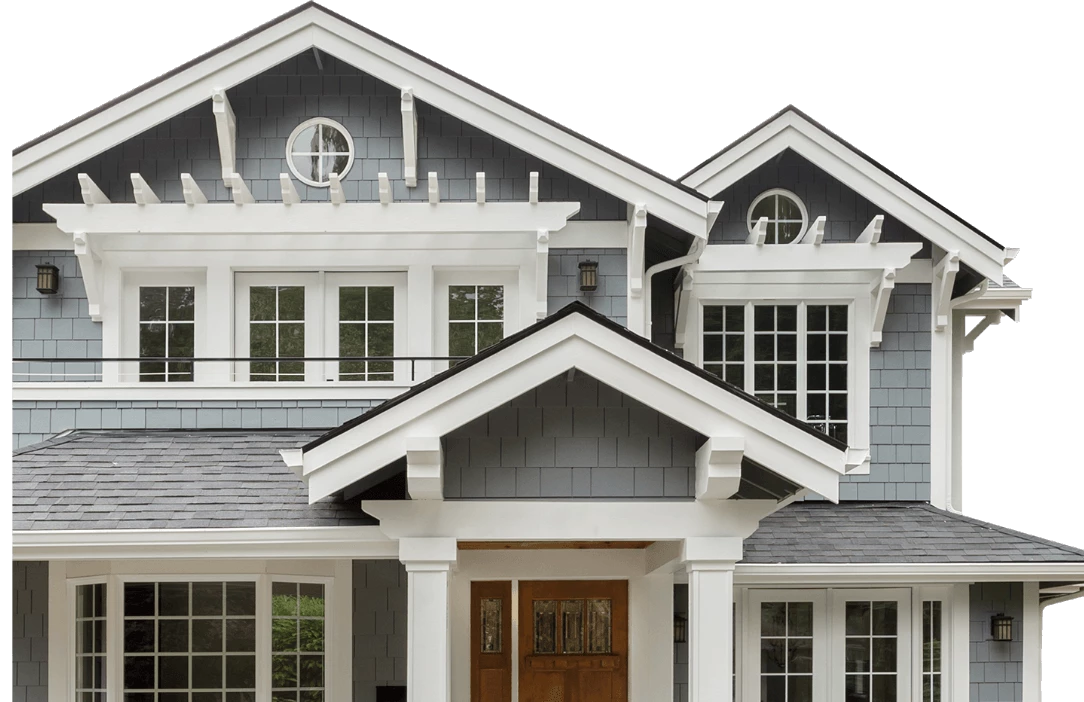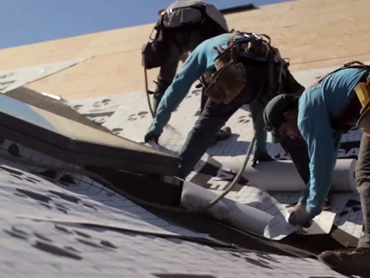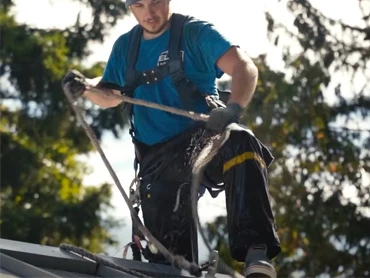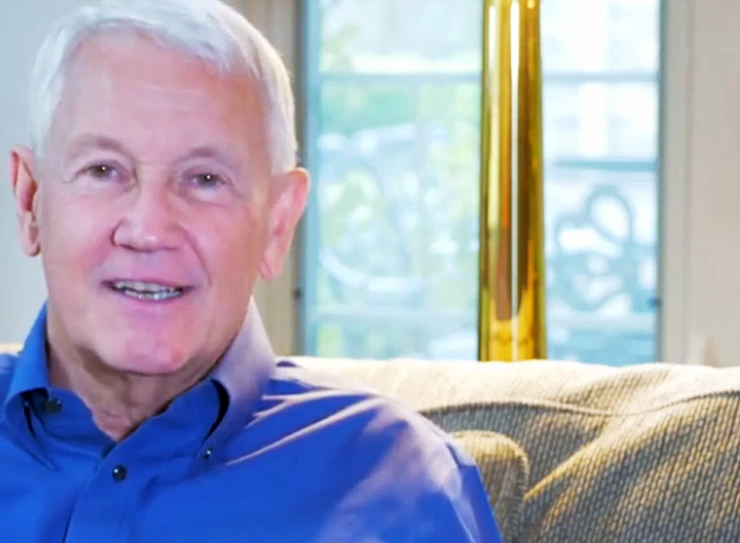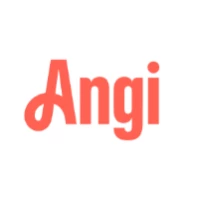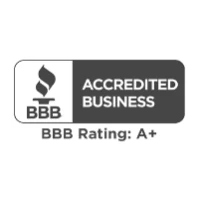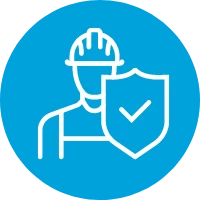Flat roofs are the go-to choice for most commercial and industrial buildings in Seattle and across the region. With the city’s wet climate and seasonal temperature shifts, selecting the right Seattle flat roofing system is critical for long-term performance.
When evaluating flat roof replacement or installation in Seattle, key factors to consider include roofing costs, expected lifespan, energy efficiency, maintenance requirements, weather resistance, and overall appearance. Below, we break down some of the most common and reliable flat roofing materials used in Seattle commercial roofing projects today:
Commercial Roofing Systems Content
EPDM (Ethylene Propylene Diene Terpolymer):
A synthetic rubber membrane commonly used on low-slope flat roofs. EPDM is valued for its flexibility, durability, resistance to weather and UV damage, and long lifespan—often lasting over 30 years. It’s lightweight, waterproof, and typically more cost-effective than other single-ply systems. While most EPDM membranes are black, white, gray, and tan options are also available. Black membranes absorb more heat, making them less energy-efficient than lighter-colored versions. EPDM does have drawbacks: it can shrink over time and is more prone to punctures compared to some alternatives
PVC and TPO Single-Ply Membranes:
PVC and TPO are popular white, heat-welded thermoplastic roofing systems commonly used on commercial flat roofs. They look nearly identical, but their properties differ significantly.
- PVC (Polyvinyl Chloride):
PVC roofs typically last around 20 years. They offer strong resistance to water, fire, and wind, but tend to cost more and aren’t as puncture-resistant as EPDM or TPO. - TPO (Thermoplastic Polyolefin):
TPO is more affordable, easier to install, and can last 10 to 25 years. However, it's a newer material—introduced in the early 1990s—so its long-term performance isn't fully known.
Modified Bitumen:
An asphalt-based material with enhanced flexibility and durability, suitable for flat and low-slope roofs. Modified bitumen (mod bit) is a type of asphalt-based flat roofing enhanced with polymers for added flexibility and strength. It comes in rolled sheets with either a smooth or granulated finish and can be applied using heat, adhesives, or peel-and-stick methods.Mod bit roofs typically last 15 to 20 years and cost more than some other commercial flat roof options. They're known for being tough and energy-efficient, handling extreme temperatures well and helping to reduce heat transfer. The main downside is the shorter lifespan compared to other systems. Also, pinpointing leaks can be challenging with this material.
Built-Up Roofing (BUR):
A traditional, multi-layered system using asphalt-impregnated felt and bitumen, often topped with a layer of aggregate. Built-up roofing (BUR) has been a staple in commercial and industrial buildings for over a century. It’s made by layering asphalt (bitumen) with reinforcing ply sheets, then topping it off with gravel, slag, or mineral granules.BUR systems usually last between 15 and 30 years. They offer solid UV protection, strong waterproofing, and low maintenance needs. The gravel or mineral surface also adds fire resistance and improves appearance. However, BUR installations are more costly and time-consuming than other flat roofing options. They're also more vulnerable to damage from wind and standing water.
Standing Seam Metal:
Standing seam metal roofing is a high-performance option for commercial flat and low-slope roofs. It uses long metal panels joined by raised seams that lock together, hiding fasteners and creating a clean, watertight finish. Known for its durability, a standing seam roof can last 40 to 70 years with minimal maintenance. It’s also energy-efficient—many systems use reflective coatings or light colors to reduce heat gain and cut cooling costs. The panels are resistant to fire, wind, water, and hail, making them a reliable choice for harsh environments. Standing seam metal roofs are ideal for commercial buildings seeking long-term value, low maintenance, and strong energy performance.
Spray Polyurethane Foam (SPF) Roofing:
Though less common than other flat roofing options, spray polyurethane foam (SPF) is one of the most effective systems available. It combines closed-cell foam insulation with a protective elastomeric coating. When properly maintained, an SPF roof can last over 50 years. It offers excellent thermal resistance and energy efficiency, making it a strong insulator for low-slope roofs. SPF also boosts the structural strength of commercial buildings. However, installation is complex. It requires skilled contractors, a narrow application window, and careful handling to avoid issues like overspray. Quality depends heavily on the installer’s experience.
Keypoints for Commercial Roofing:
- Lifespan varies by material
- Installation quality matters
- Energy efficiency differs
- Maintenance varies
- Puncture resistance counts
- Cost isn’t just upfront
- Color affects energy use
- Manufacturer quality varies
Redirects
Frequently Asked Questions
What’s the best roofing material for my commercial building?
It depends on your building’s needs, budget, and climate. TPO and PVC are great for energy efficiency and flat roofs. EPDM is cost-effective and durable. Standing seam metal offers long-term performance with minimal maintenance. Each system has trade-offs in lifespan, cost, and maintenance—so it's smart to weigh those factors with your contractor.
How long does a commercial roof last?
Lifespans vary by material and installation quality. TPO and PVC typically last 20–25 years, EPDM can go 30+ years, BUR and modified bitumen last 15–30 years, and metal roofs can exceed 40–70 years. Regular maintenance plays a big role in reaching (or exceeding) those lifespans.
How much maintenance do commercial roofs need?
Most systems need at least annual inspections to check for damage, drainage issues, or membrane wear. Low-maintenance systems like EPDM or metal need fewer repairs over time, while options like spray foam or BUR may need more frequent attention. Regular upkeep prevents leaks and extends your roof’s life.
What types of roofing materials do you offer?
We provide a range of roofing materials including asphalt composite, cedar shake, metal, slate, tile, PVC, and TPO. Each option is selected for its durability and aesthetic appeal.
How do you ensure the quality of your work?
We ensure quality by using top-grade materials and employing skilled professionals for every project. Our rigorous process includes expert assessments, precise installations, and thorough inspections.
What is the typical timeline for completing a roofing project?
The timeline for a roofing project can vary based on the size and complexity of the job. Generally, we complete most projects within a few days to a couple of weeks, depending on the specifics.
Do you offer warranties on your work?
Yes, we offer warranties on both materials and workmanship to provide you with peace of mind and ensure the longevity of your roofing investment.
How do I get started with Elite Roofing?
To get started, simply contact us for an initial consultation. We will discuss your needs, provide a detailed estimate, and guide you through every step of the process to ensure a smooth and successful project.
Manual FAQ entry?
Yes, this is a manual one.
Videos
Design Your Ideal Roof
Easily explore and choose your perfect roof with our Roof Designer tool. Customize your options and preview how different materials look on your home, ensuring you make the best choice for both style and durability.
